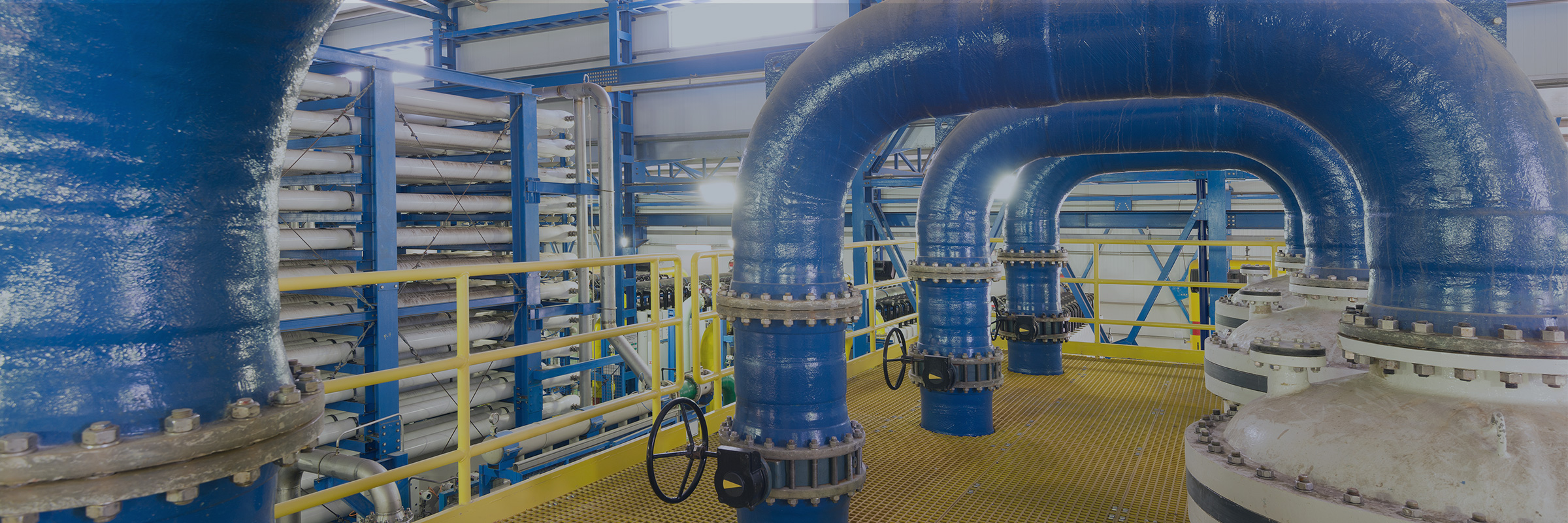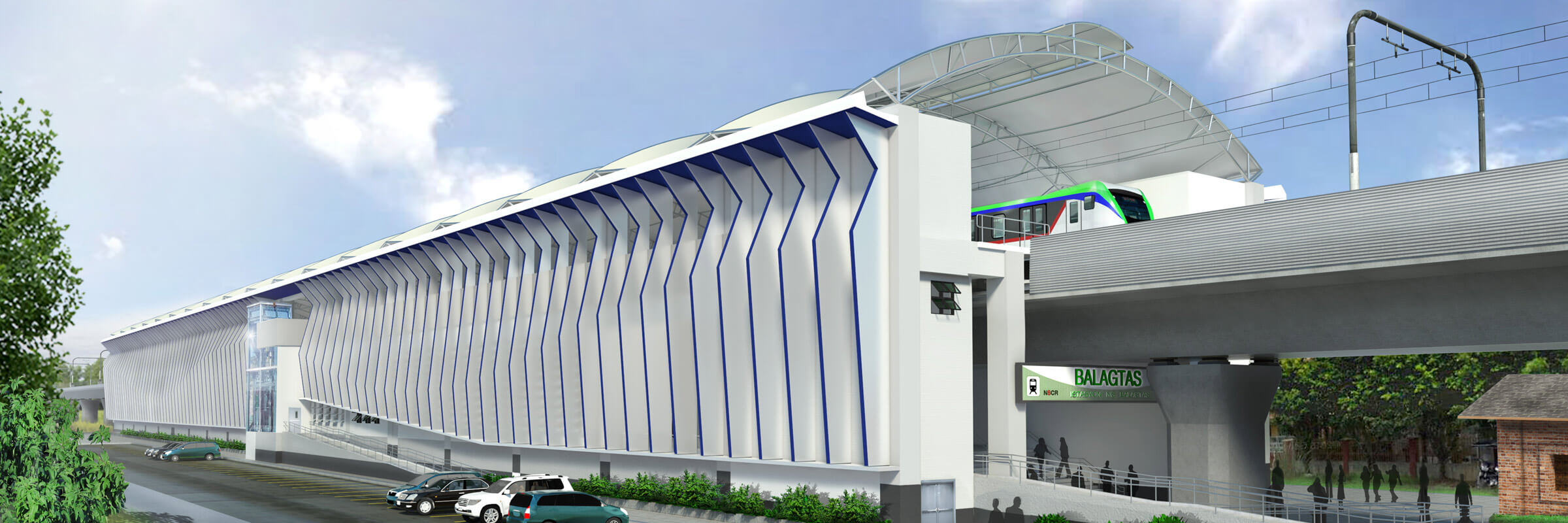

The Challenge
India faces numerous water-related challenges such as depleting freshwater resources, reduction in annual rainfall and flash floods.
SMEC was appointed in 2020 to lead reparation of bid documents & evaluation of bids for the construction of the 400 million litres per day capacity Seawater Reverse Osmosis Desalination Plant at Perur, South of Chennai. SMEC is also leading the construction management & supervision for the new plant and its product water conveyance pipeline.
The facility includes an intake, seawater reverse osmosis plant, as well as pre-treatment, post treatment and outfall discharge system.
Seawater will need to be brought into the plant through a 1.8 km HDPE pipe network measuring 2,500 mm in diameter and sunk at a depth of ten metres. Once treated the water will be transmitted through a distribution system measuring approximately 59 km to a new pump house and pump facility at Porur, which will be connected to a further 18 water distribution stations.
The Solution
SMEC has led a multidisciplinary team to collate site information and develop concept designs to a level of detail sufficient for tender. The consortium has provided the following services across four contract packages:
- Package 1: Construction of the 400 million litres per day Sea Water Reverse Osmosis Desalination Plant
- Package 2: Construction of a 400 million litres per day pumping station at Perur and a 350 million litres per day pumping station at Porur with 15 ML of underground reservoir.
- Package 3: Installation of 59 km length of water transmission mains using Mild Steel pipe from 2000mm to 1800mm diameter
- Package 4: Improvement of the existing water distribution networks spanning 1,300 km across Chennai City.
- Package 5: Installation of external power transmission lines
SMEC completed hydraulic design of the water distribution system using Bentley WaterGEMS software. The project will require approximately 734 km of new distribution pipes and over 1,300km of pipes in total connecting to over 200,000 new water meters and homes across Chennai.
Feasibility studies also included preparation of topographical field surveys, Bathymetry Survey, Seawater Sample Analysis and Brine Dispersion Modelling Study. For the pump station packages SMEC provided detailed design reports and undertook geotechnical investigations to inform the tender submissions.
Accounting for the seasonal variations in raw water sea quality has been a key consideration in developing the solution for the new desalination plant. The team has proposed a pre-treatment stage during monsoon events which can be disconnected during favourable conditions. Pre-treatment will be optimised through a carefully designed maintenance regime and ‘Clean-in-Place” sanitation systems.
Specific care is needed in specifying the minimum material selections for civil works structures outside the main process, to ensure long-term durability in coastal environment. Glass reinforced plastic with robust surface coating has been specified to mitigate impacts of rust in the harsh coastal environment.
SMEC has undertaken thorough environmental and social impact assessment to incorporate appropriate mitigation measures into the project design and construction, engaging with communities and stakeholders to identify and mitigate negative environmental and social impacts. Care has been taken to minimise discharge of brine into the sea which can harm ecosystems.
For each contract package SMEC prepared prequalification and bidding documents and arranged pre-bid meetings. SMEC has led the evaluation of Tenders and during the construction phase will oversee verification of the Contractor’s Design and supervision of construction work. Completion of all packages is anticipated by 2027.
The Impact
Chennai Perur Desalination Plant is being built to secure Chennai’s water supply for the next 50 years. Notable impacts include
- Increased availability of fresh water supply for the Chennai metropolitan area, which has been facing water scarcity in recent years due to drought and depletion of groundwater sources.
- Reduced dependence on other sources of water supply, such as dams and rivers, which may be affected by climate change and pollution.
- Reduced pressure on local water resources and ecosystems, which can help preserve natural habitats and biodiversity.
Chennai, Tamil Nadu, India
2020 – 2027
Chennai Metropolitan Water Supply & Sewerage Board
Japan International Cooperation Agency (JICA)
TATA Consulting Engineers Limited (TCE),
NJS Engineers India Pvt. Ltd.






